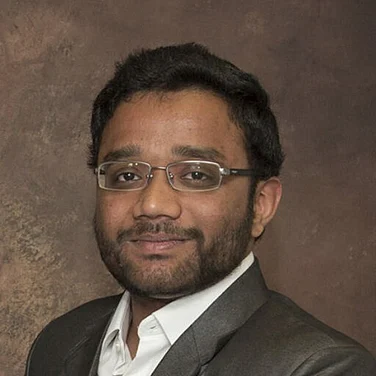At its annual flagship conference, Workday Rising 2025, enterprise cloud provider Workday, Inc. (NASDAQ: WDAY) unveiled its most ambitious vision yet: transforming from an HR and finance platform into a full-fledged enterprise AI operating system.
Across four days at the Moscone Center, the company made announcements that drew global attention. These included 11 new AI Agents embedded in HR and Finance — from a Case Agent that automates employee service requests to a Close Agent that accelerates month-end reconciliations — and the $1.1 billion acquisition of Sana Labs, an AI-native learning platform. Workday also showcased Paradox, a conversational recruiting tool already conducting more than 32 million interviews a year, and launched both Workday Build and the Workday Data Cloud. The latter enables secure, zero-copy integration with platforms such as Snowflake, Databricks, and Salesforce, eliminating risky data transfers while unlocking real-time analytics at scale.
Among those interpreting the significance of these announcements was Aditya Ramaswamy, a Workday-certified technical architect now leading a $60 million Workday deployment for a major healthcare provider in the United States. His expertise lies in the hidden integration layer on which Workday’s new AI vision ultimately depends.
“The headlines are about AI agents and acquisitions,” said Ramaswamy “but the truth is that these innovations only succeed if the integration layer is resilient, auditable, and secure. Without that, enterprises don’t just see error messages — they feel the disruption in real time.”
Ramaswamy’s career illustrates this principle. At a big four consulting company , he oversees more than 350 custom integrations linking Workday’s HCM and Financials modules with banks, payroll vendors, and tax authorities. At PwC, he helped design event-driven accounting pipelines, replacing hard-coded logic with modular, rules-based designs that improved auditability and consistency for insurers and banks.
Earlier this year, he extended these insights into research. His peer-reviewed article, Reimagining Enterprise Productivity with Workday Illuminate: A Framework for Generative AI Adoption Across HCM and Finance, argues that AI in ERP platforms must be grounded in trustworthy integration architectures, or risk adding fragility instead of resilience. The paper bridges academic rigor with enterprise practice — reinforcing the point that AI is only as reliable as the data pipelines beneath it.
As Workday continues to expand its global reach — now trusted by more than half of the Fortune 500 and thousands of organizations across Europe, Asia-Pacific, and Latin America — these integration challenges are becoming universal. In highly regulated industries, reliability is not a feature but a requirement.
“In healthcare, a missed integration can delay a nurse’s salary or hold up an insurance claim for a family,” Ramaswamy said. “That’s why the pipes carrying the data matter just as much as the dashboards presenting it.”
With its push toward an agent-first, ecosystem-driven model, Workday is signaling where enterprise platforms are headed. The true test, however, will not be the sophistication of AI interfaces but whether the unseen connections underneath can scale securely and intelligently.
Workday has made its bet. For experts like Ramaswamy, the next chapter is about ensuring that the foundation beneath enterprise AI remains unshakable.
About Aditya Ramaswamy
Aditya Ramaswamy knows his way around Workday. With more than eight years under his belt, he’s tackled big, complex deployments for all kinds of companies—healthcare, finance, insurance, you name it. He earned his master’s in Management Information Systems from the University of Illinois at Chicago and has seen more than 24 Workday projects from start to finish. Aditya’s specialties? Building safe, high-performing integrations with tools like Workday Studio, PRISM, Extend, and Cloud Connect.
He’s the kind of architect who connects the dots between enterprise tech and data-driven ideas. Aditya builds integration frameworks that make Workday systems stronger, more scalable, and easier to audit, all while keeping compliance in check. But he goes beyond implementation. He digs into research on using generative AI in ERP systems and pushes for integration-focused, trustworthy design as the backbone of enterprise AI.


























